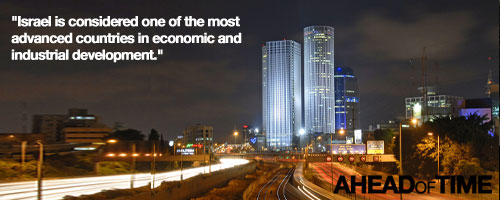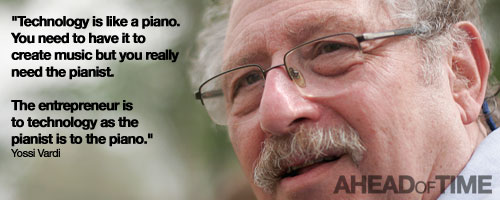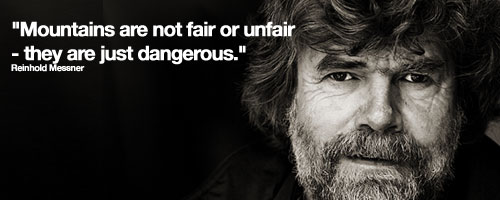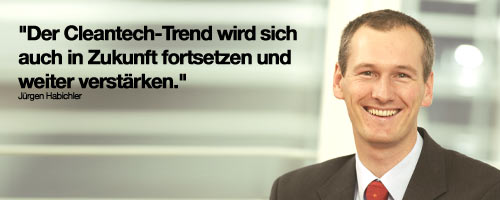I like the new Twitter Mashup called “Twistori”.
Via Kevin Rose.
Twistori is a social media experiment. It tracks all Twitter messages and searches for emotional keywords like “I love”, “I believe”, “I hate”, “I think” etc. and shows the messages on the site. The simple layout and the nice animations are well made.
Have a look:

Link: Twistori.




 So the near future will bring us alternative energy solution, new media landscapes and secure mobile communication. These powerful ideas will define and create the trends of the next decades. The entrepreneurs will do their best to make these innovations happen and to establish their technology in the market. So my personal conclusion was, even if the region of lake Tegernsee looked so calm, the Entrepreneurs-Day 2008 was an event where entrepreneurs shared their spirit to create new successful businesses. So you don’t have to travel to the US to find dynamic entrepreneurs, they might be closer then you think…
So the near future will bring us alternative energy solution, new media landscapes and secure mobile communication. These powerful ideas will define and create the trends of the next decades. The entrepreneurs will do their best to make these innovations happen and to establish their technology in the market. So my personal conclusion was, even if the region of lake Tegernsee looked so calm, the Entrepreneurs-Day 2008 was an event where entrepreneurs shared their spirit to create new successful businesses. So you don’t have to travel to the US to find dynamic entrepreneurs, they might be closer then you think… China is growing rapidly and expands its influence on a global level. One dramatic side effect is that 16 out of 20 dirties cities, on the World Bank’s list of most polluted cities, are in China. There is a dramatic water shortage in 400 of 668 China’s biggest cities. Environment, water and air pollution are important issues for the future of China.
China is growing rapidly and expands its influence on a global level. One dramatic side effect is that 16 out of 20 dirties cities, on the World Bank’s list of most polluted cities, are in China. There is a dramatic water shortage in 400 of 668 China’s biggest cities. Environment, water and air pollution are important issues for the future of China.

